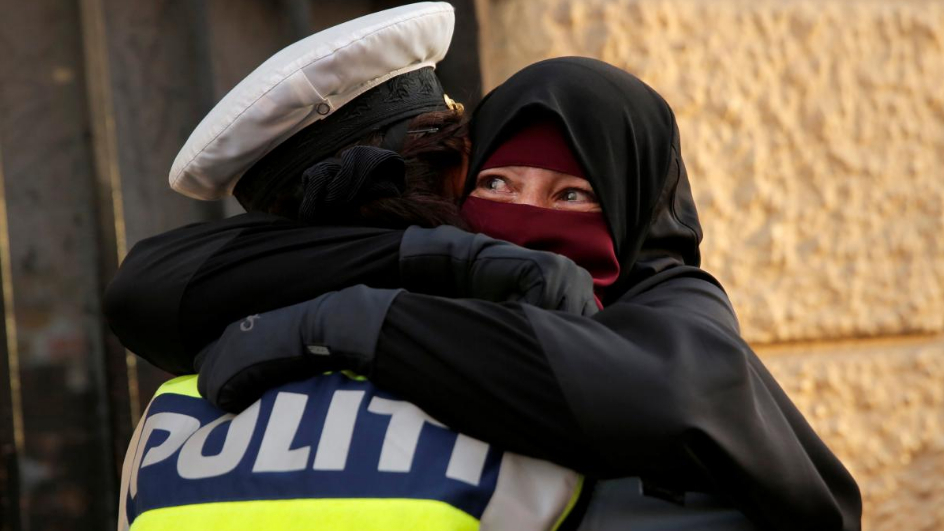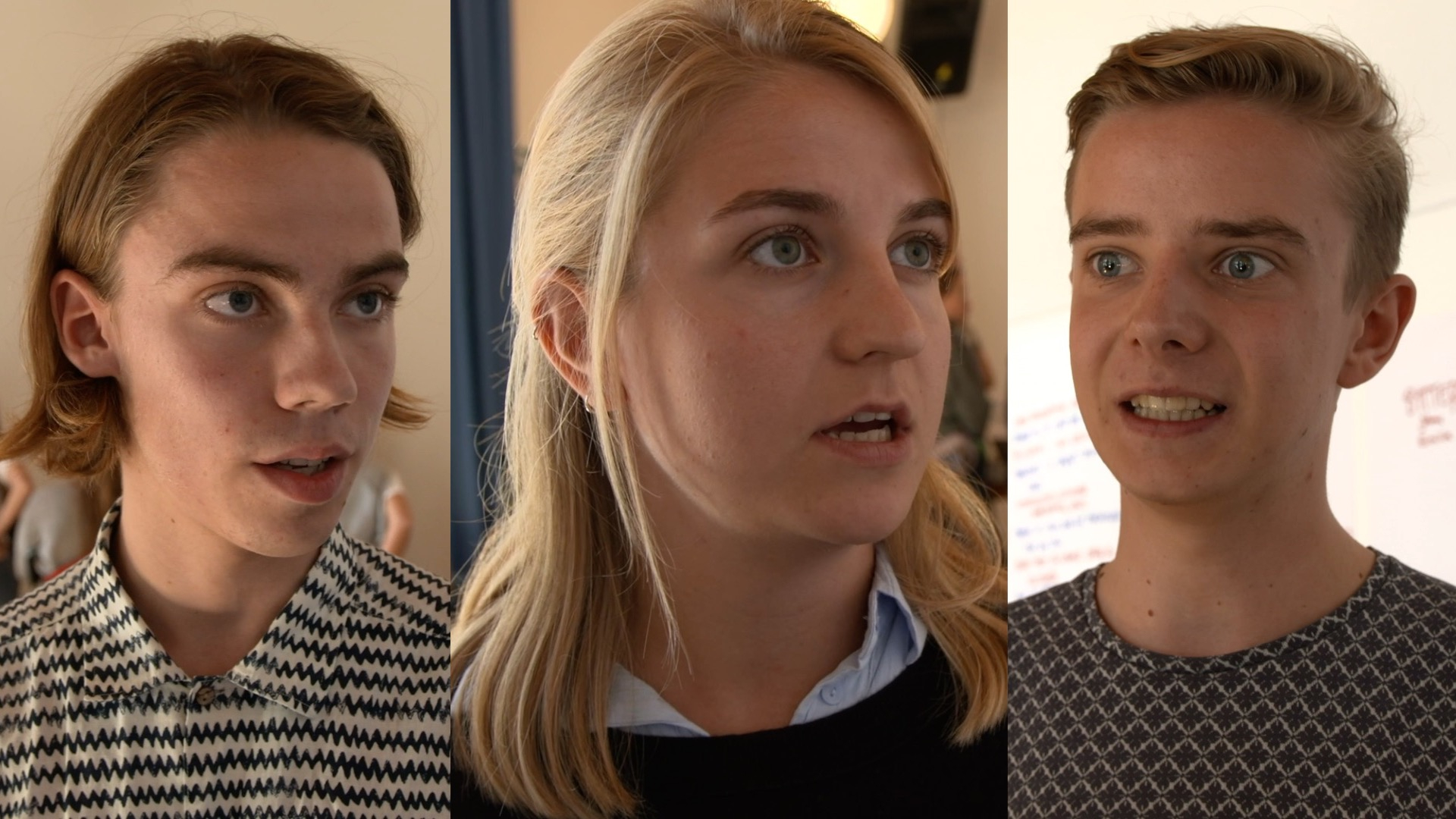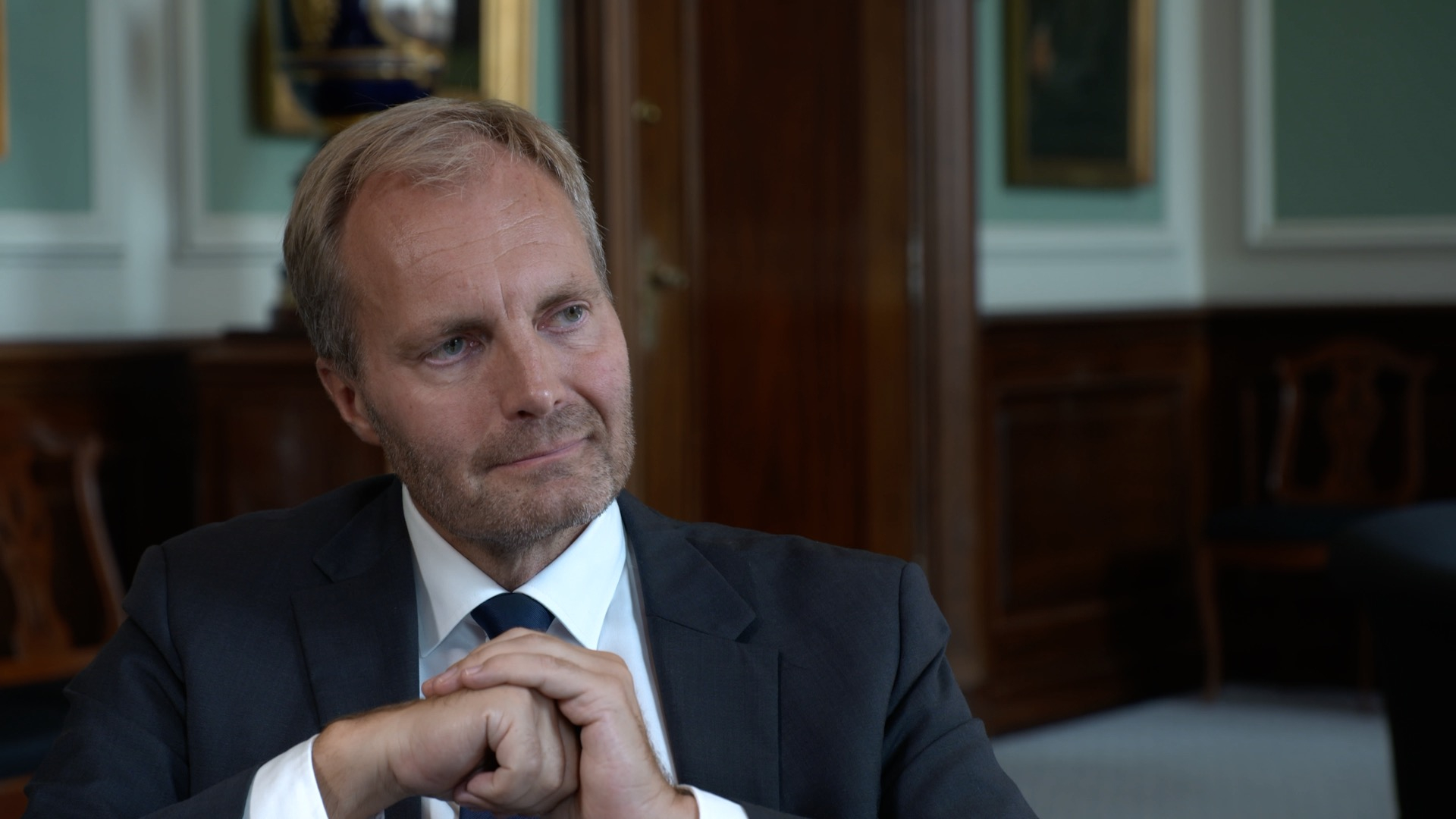
Politics
08:44, 18-Sep-2018
Denmark's burqa ban triggers highly divisive debate
Updated
13:53, 23-Sep-2018
By Guy Henderson
02:52

Many of the arguments around Denmark's Burqa ban are not new to the country.
When a Danish newspaper published a cartoon of the Prophet Mohammad back in 2005, many of the same arguments heard then are being used now.
The discussion centered on what are two pretty fundamental principles in most open societies: Freedom of expression and freedom of religion. Back then, Danes were debating what to do if one – free religion – infringed upon the other – free speech. Even if that free speech, the cartoon, in this case, was highly offensive to many Muslims.
But at a workshop outside Copenhagen earlier this month, I heard a view that, to my knowledge, was not so often heard back then.
"When you're uncertain about your own identity, it's much more easy to attack someone else." So said "Sara," a niqab-wearing Danish Muslim and founder of "Women in Dialogue," a group set up in direct response to the ban.
01:15

Many European countries, Denmark included, are indeed in the midst of a highly divisive debate about identity that has toppled governments and often given far-right or populist parties more influence.
That was not the case to nearly the same extent back in 2005: Two years before the financial crisis, three years before Russia invaded Georgia, six years before two civil wars in Syria and Libya particularly. Rising inequality, an increasing threat of major power conflict, terrorism, and an unprecedented influx of migrants and refugees have all left Europe feeling rather less sure of itself today than back then.
Backers of the ban include politicians looking to use that uncertainty to push their own long-held rejection of multiculturalism, as well as those who fear it is they that are under attack: That Denmark, that Europe, needs to protect its vulnerable identity in the current climate.
02:54

Few other countries exemplify the opposition to that view more than Denmark's neighbor Sweden. This is a country held up as an example of how tolerance and openness can work.
But even there, change may be afoot. A week ago, the far-right Sweden Democrats made gains in parliamentary elections. Their message on the campaign trail sounded similar in many ways to arguments heard in favor of Denmark's Burqa ban: Essentially, Swedish identity needs protecting.
That's left Swedish Muslims uncertain as well. "Right now, we're confused," says Farah Alhajeh, who recently won a legal battle against a potential employer who terminated a job interview when Farah said she was Muslim so could not shake hands.
In a country whose modern identity is so entwined with openness and tolerance, many Swedes are asking whether efforts to "protect" that identity may end up undermining it.
(Cover: Ayah, a wearer of the niqab weeps as she is embraced by a police officer during a demonstration against the Danish face veil ban in Copenhagen, Denmark, August 1, 2018. /Reuters Photo)

SITEMAP
Copyright © 2018 CGTN. Beijing ICP prepared NO.16065310-3
Copyright © 2018 CGTN. Beijing ICP prepared NO.16065310-3